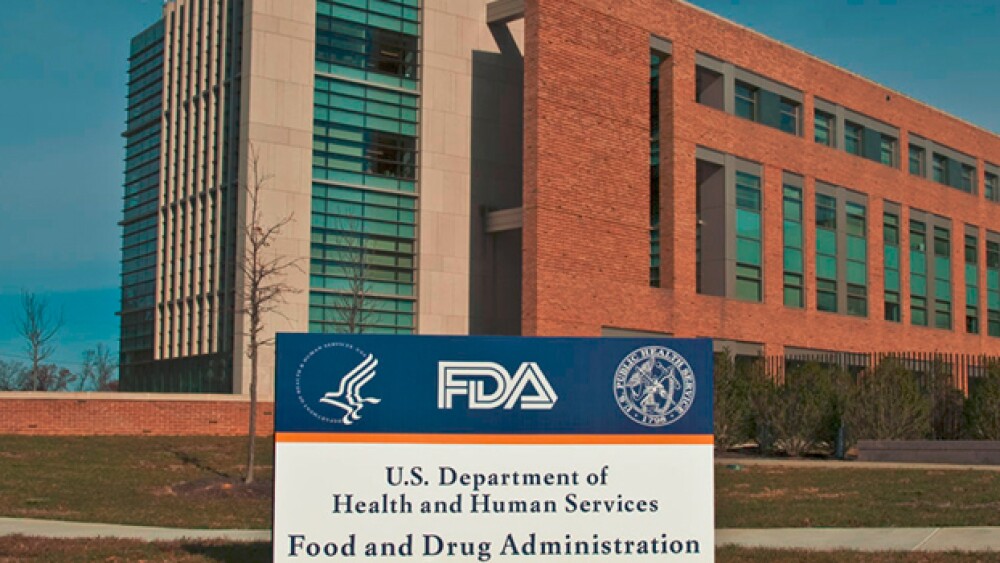The U.S. Food and Drug Administration is hoping to fill numerous vacancies at the regulatory agency. In June, the FDA laid out some of its hiring needs, as well as its approach to attracting top-quality talent in a report to Congress.
The U.S. Food and Drug Administration (FDA) is hoping to fill numerous vacancies at the regulatory agency. In June, the FDA laid out some of its hiring needs, as well as its approach to attracting top-quality talent in a report to Congress.
But it appears that the FDA is running into a problem – a policy that restricts the hiring of foreign scientists. Last year the FDA and other government agencies established protocols regarding the hiring of scientists, which included a limit on the number of international recruits. Those protocols were part of the Trump administration’s immigration policies. BioSpace reported last year that the protocols put into place prohibit the agency from offering positions to anyone who has not lived within the United States for three out of the past five years.
Those new protocols continue to be an issue. Melanie Keller, the acting associate commissioner for scientific and clinical recruitment, raised the issue at the Association for Accessible Medicines fall conference in Baltimore. Keller’s comments were first reported by STAT News. In her remarks, Keller said the year-old policy is creating a hiring challenge. Keller said there are not enough U.S. residents who are graduating with scientific degrees who are needed to fill the number of vacancies the agency has. Keller told the news group that the FDA is attempting to work with what was called an “exception” process in an attempt to hire some candidates the FDA would like to bring aboard. The hiring protocols are also creating an issue at the National Institutes of Health (NIH), an organization that has relied on contracting foreign scientists for years.
The NIH and the FDA aren’t the only government entities that rely on immigrant employees. The Department of Agriculture, the Centers for Disease Control and Prevention (CDC) and the Environmental Protection Agency also look to foreign scientists for employment.
But those comments made my Keller were later walked back by an FDA spokesperson, STAT said. FDA spokeswoman Tara Rabin downplayed the notion that the agency is attempting to “escalate” its hiring concerns. She told the news organization that the FDA was attempting to “navigate” the hiring issues with the help of the Department of Health and Human Services, the agency that has oversite of the FDA and NIH.
Last year FDA Commissioner Scott Gottlieb said the FDA has not been effective as it should be when hiring new talent. Gottlieb said the regulatory agency is competing with the private sector, which makes things difficult. Gottlieb said provisions in the 21st Century Cures Act will help the FDA recruit and maintain top talent. When Gottlieb made his comments last year, he said the agency would focus on hiring positions that support its PDUFA (Prescription Drug User Fee Act) commitments.
In its June report, the FDA pointed to some of the efforts it has made in overcoming its hiring needs.
“The need to rapidly recruit highly skilled and experienced staff has been a challenge for the agency to fully meet the needs of the modem FDA, which is responsible for regulating more than 20 percent of the nation’s gross domestic product,” the FDA said in its report.





